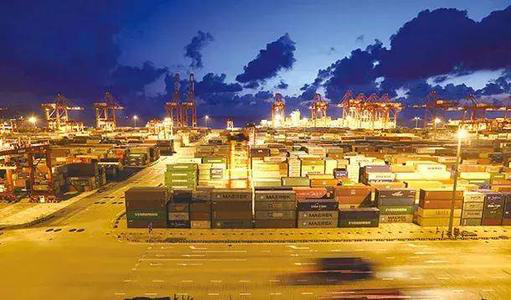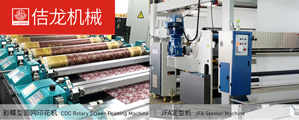How the new trade measures affect China’s textile industry?
Feb 18, 2021 | by Zhao Xinhua

Recently, some countries have adjusted their trade measures, which will definitely have a certain impact on the global trade. What opportunities and challenges will the Chinese textile market face?
United States
A few days ago, the Biden administration will reassess the national security measures taken by former President Trump, including the first phase of the Sino-US economic and trade agreement, according to Reuters. The report quoted a U.S. government person as saying that the Biden administration will suspend the implementation of the U.S. tariffs on USD 370 billion of Chinese goods during the evaluation period until the comprehensive evaluation is completed before deciding what changes to make. The market is cautious and wait-and-see on this news. It is expected that the Sino-US competitive relationship will not change, but the methods may be adjusted compared to before.
Turkey
Recently, the Turkish Ministry of Trade issued Announcement No. 2021/3, making the third anti-dumping sunset review affirmative final ruling on synthetic long-fiber fabrics originating in China, Malaysia, South Korea, Thailand and China Taiwan. The anti-dumping duties of the products involved in the region are levied on CIF prices as follows: 42.44 percent of anti-dumping duties are imposed on the Chinese products involved in the case with a unit weight of more than 110 grams/square meter, and 21.13 percent of anti-dumping duties are imposed on the Chinese products involved in the case with a unit weight of less than or equal to 110 grams/square meter, and anti-dumping duties of 7.76 percent - 42.44 percent, 14.64 percent - 40.00 percent, 8.67 percent - 30.93 percent, 13.91 percent - 30.84 percent were imposed on the products involved in the case of Malaysia, South Korea, Thailand and China Taiwan, respectively.
Bangladesh
Due to the interruption of Bangladesh’s textile supply chain amid the pandemic, the country’s garment production and export are currently facing difficulties. Local textile companies said that Bangladesh urgently needs to improve the industrial chain and reduce the import demand for textile raw materials.
At present, the domestic knitwear industry in Bangladesh is becoming saturated, and the woven fabric industry has become a new investment direction. However, due to the large investment amount but the low profit margin, there is not much investment in this field.








